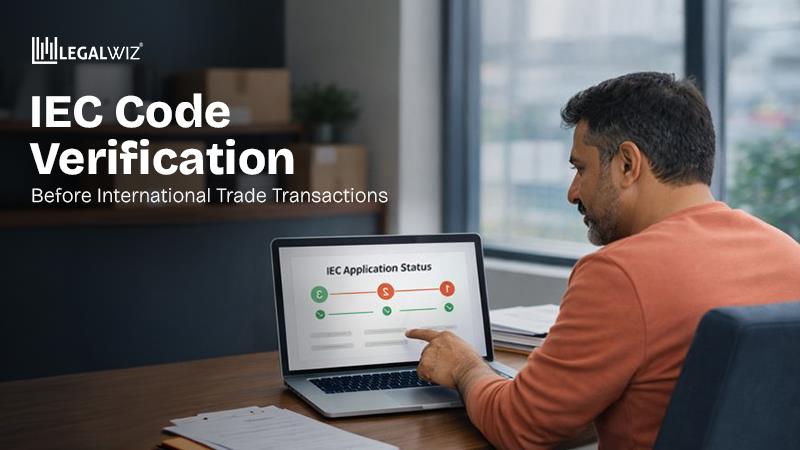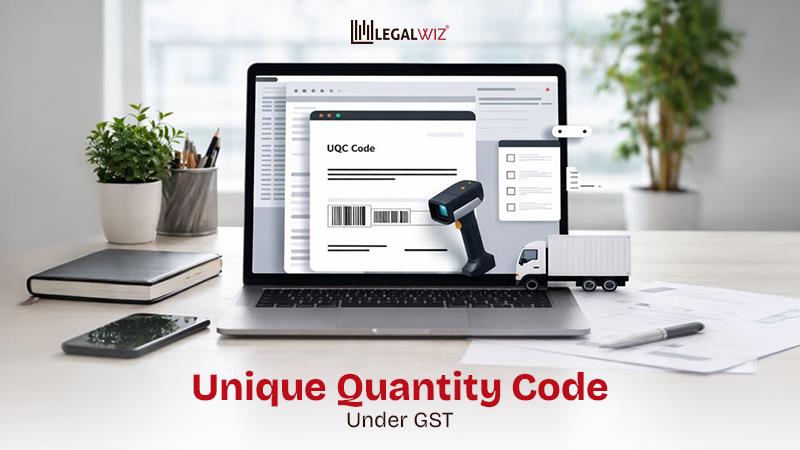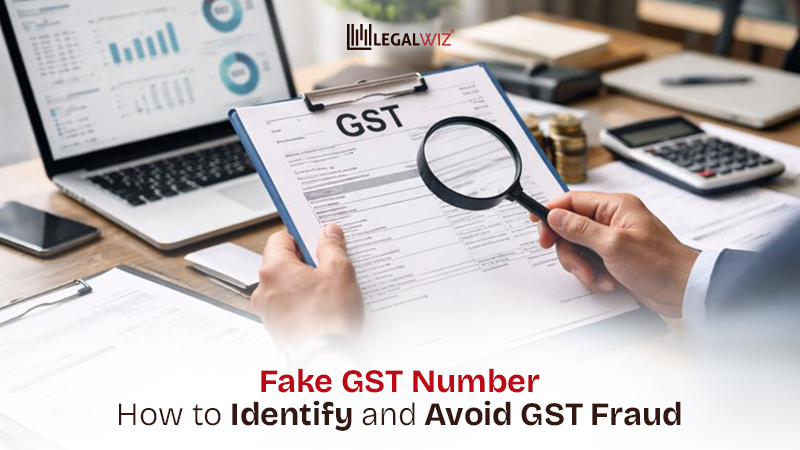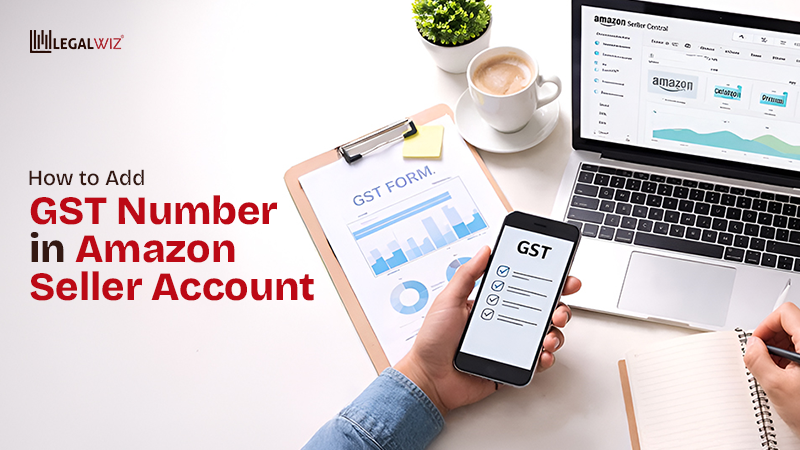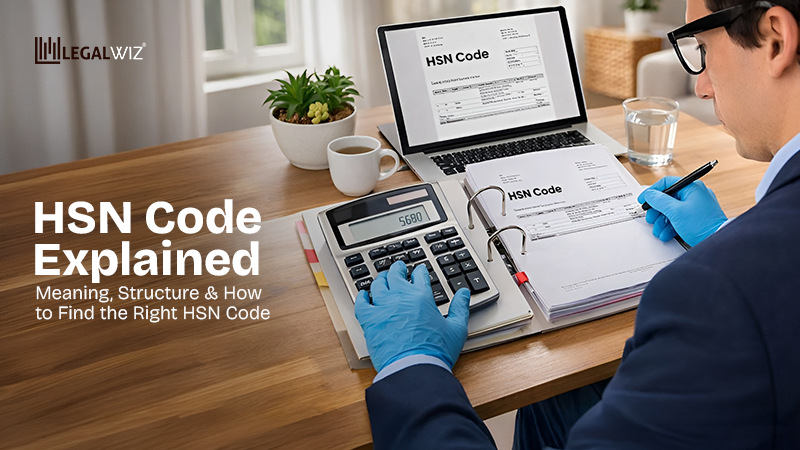Difference between Buyback and Dividend and Tax Applicability
When a company repurchases the shares issued by it from existing shareholders, the process is called Buy-Back of shares. The claims are brought back at market value or higher than it. The primary purpose behind buyback is to regain ownership of the company by paying money to the shareholders.
Taxation of Buyback of shares is regulated under Section 115QA of the Income Tax Act,1961.
Effect of Tax
- An additional tax is levied on the income distributed as Buy-Back of shares. Both listed and unlisted companies are covered here.
- The company’s amount of tax shall be payable, making the shareholders exempt from paying any tax on buyback income.
- At the rate of 20%, tax shall be charged plus the surcharge at 12% plus the cess as applicable.
Also Read: Dividend – Types, Procedure, and Payment
Comparison: Buyback and Dividend
The recent budget announced that domestic companies are not required to pay Dividend Distribution Tax. Thus the Dividend shall be taxable in the hands of the shareholders.
Buy-Back: A maximum of 25% of paid-up share capital and free reserves can be repurchased provided the debt-equity ratio of 2:1 is also maintained.
Dividends: A company can declare dividends out of the current year’s profit after providing for depreciation or out of the previous year’s earnings after providing for depreciation.
I. Buy-Back: Amount available for buy-back: Rs.1000
Less: Tax (20%+12%+cess i.e 23.3%) Rs.233
The amount received by Shareholder: Rs.777
II. Dividends: Amount available for distribution: Rs.1000
Less: Tax @35.88%(assumed the highest slab rate): Rs.358.80
The amount received by Shareholder: Rs.641.20
Tax Impact (A-B): Rs.135.80
Thus, A shareholder shall gain more out of Buy-Back as compared to Dividend in the given tax scenario.
Let us know about the Buyback of Shares in details:
Sources of Buyback:
A company can purchase its shares and other specified securities out of
- Its free reserve; or
- The securities premium account; or
- Proceeds of the issue of any shares or other specified securities. However, Buy-back of any kind of shares or other specified securities cannot be made from the proceeds of the earlier issue of the same type of shares or the same kind of other specified securities.
Conditions of Buyback:
As per Section 68 of the Companies Act, 2013, the conditions for Buy-back of shares are
- Articles must authorize otherwise Amend the Article by passing Special Resolution in General Meeting.
- For buyback, we need to pass Special Resolution in General Meeting, but if the buyback is up to 10%, then a Resolution at Board Meeting needs to be passed.
- Maximum number of Shares that can be brought back in a financial year is twenty-five percent of its paid-up share capital.
- Maximum amount of Shares that can be brought back in a financial year is twenty-five percent of paid-up share capital and free reserves. This is true where the paid-up share capital includes equity share capital and preference share capital & free reserves include securities premium).
- Post buyback debt-equity ratio cannot exceed 2:1.
- Only fully paid-up shares can be brought back in a financial year.
- Company must declare its insolvency in Form SH-9 to Register of Companies, signed by at least 2 Directors out of which one must be a Managing Director if any.
- The notice of the meeting for which the Special Resolution is proposed to be passed shall be accompanied by an explanatory statement stating
1. A complete disclosure of all the material facts;
2. The necessity of buyback;
3. The class of shares intended to be repurchased;
4. The amount invested under the buyback;
5. The time limit for completion of buyback;
The Company must maintain a Register of buyback in Form SH-10.
Now, submit Return of buyback in Form SH-11 Annexed with Compliance Certificate in Form SH-15, Signed by 2 Directors, out of which one must be a Managing Director if any.
Also Read: Private company income tax on buyback of shares
· A Company should extinguish and physically destroy shares bought back within seven days of completion of the buyback.
· Observe 6 months cooling period, i.e., no new issue of share is allowed.
· No offer of buyback should be made by a company within one year from the date of the closure of the preceding offer of buyback.
· The buyback should be completed within one year from the date of passing of Special Resolution or Board Resolution, as the case may be.
Transfer of certain sum to Capital Redemption Reserve Account (CRR)
According to section 69 of the Companies Act, 2013, where a Company brought back shares out of free reserves or out of the securities premium account, then an amount equal to the nominal value of the shares needs to be transferred to the Capital Redemption Reserve Account. Such transfer details to be disclosed in the Balance sheet. The Capital Redemption Reserve account may be utilized for paying unissued shares of the company.

Shreeda Shah
Shreeda Shah is a Chartered Accountant associated with Legalwiz.in as a Business Advisor. She has a good expertise over Direct Taxation and Indirect Taxation compliances.

